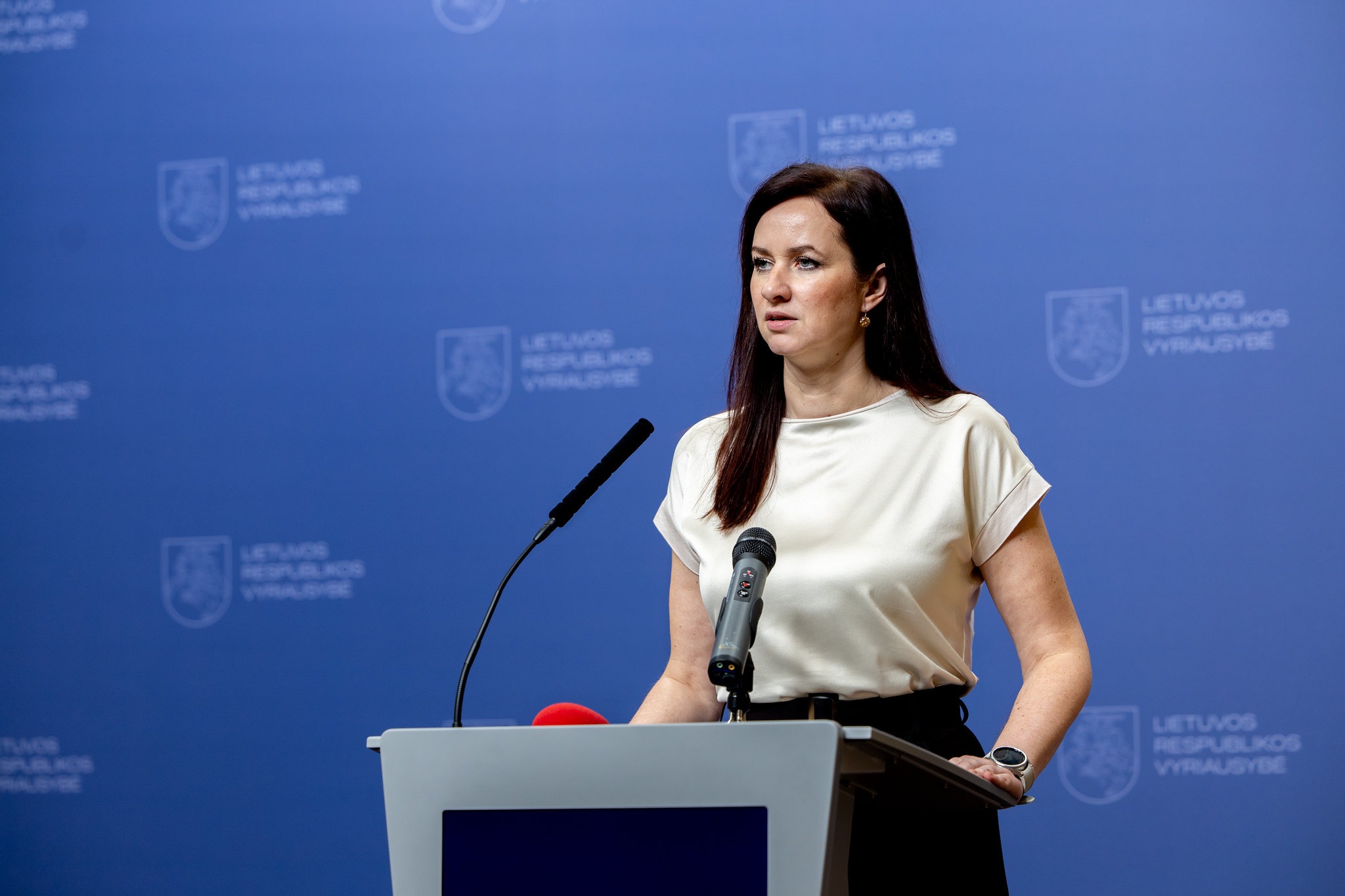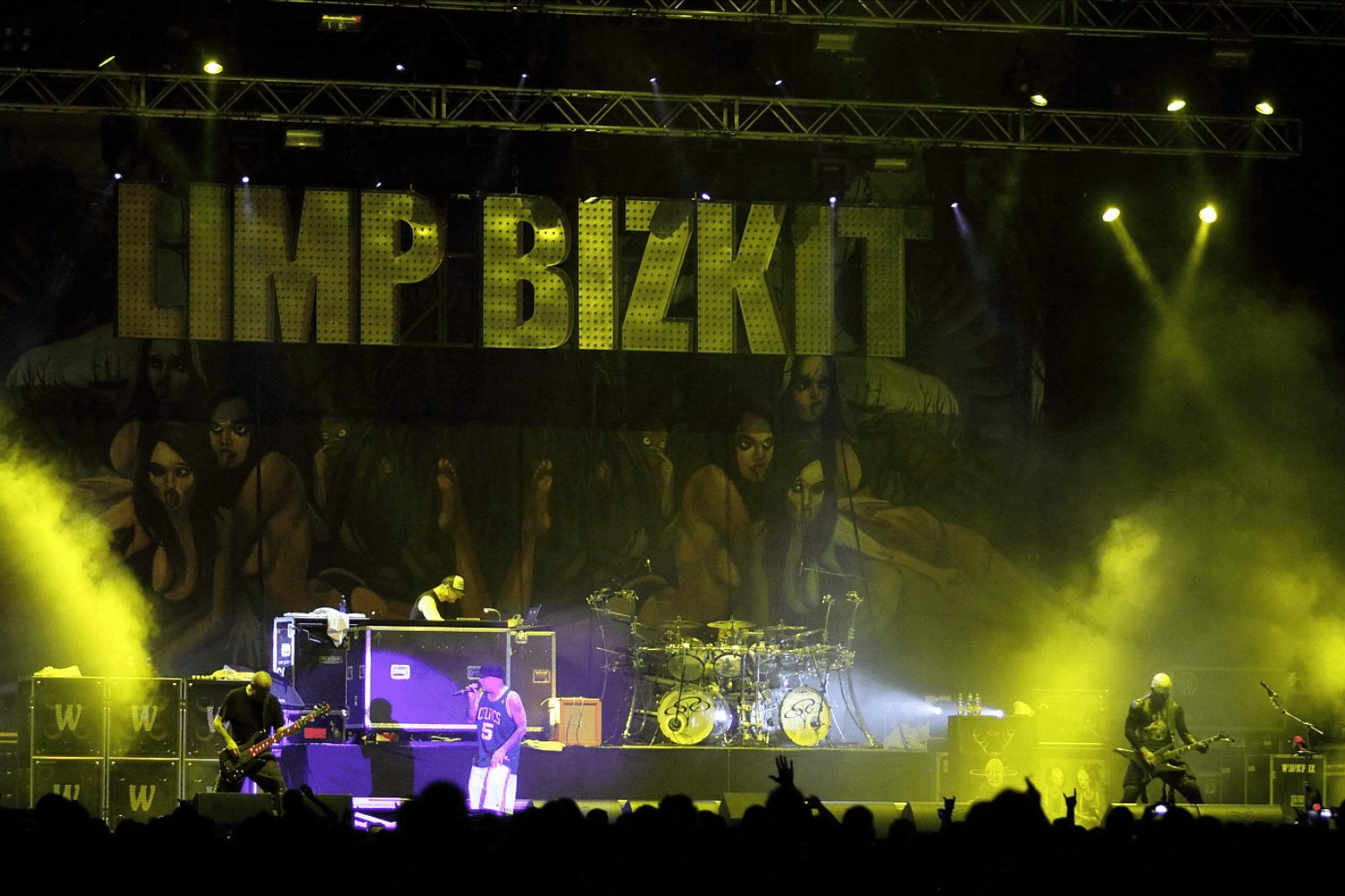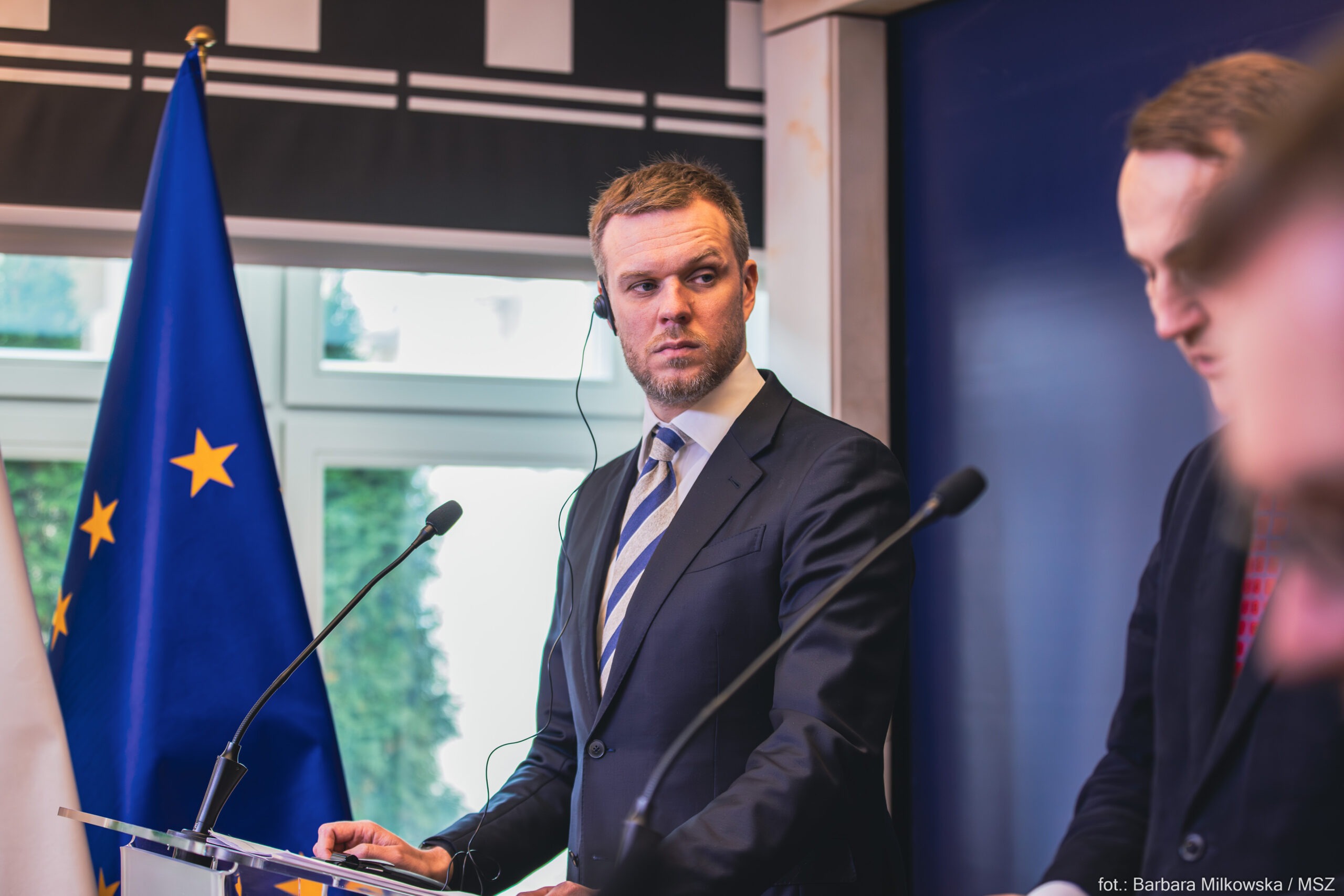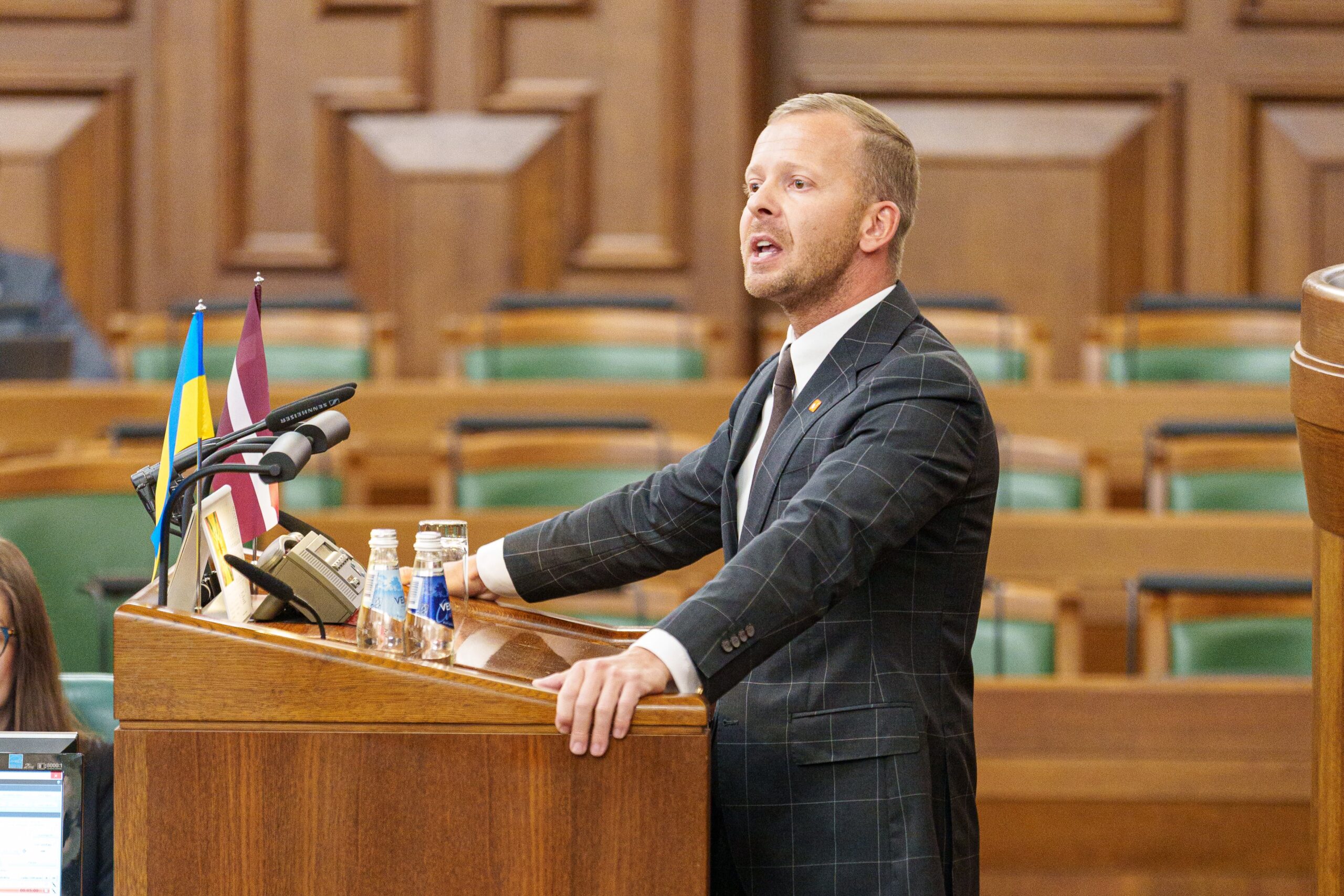
Main narratives:
- Great powers determine geopolitics;
- The world benefits from good US-Russia relations;
- Anti-government sentiments.
Overview:
Pro-Kremlin commentators have reacted vigorously to the statements made by the US Vice President and other Trump administration officials at the Munich Security Conference last weekend, welcoming direct US-Russia contacts and making sharp remarks about Europe’s powerlessness to change anything. What’s more, they ironically discussed what Estonia’s foreign policy will look like now that the US may no longer be a strongly loyal ally within NATO, and mocked the government for its short-sightedness in having bad relations with Moscow. They also drew some dark scenarios of what kind of future Estonia can expect if Europe is ignored and NATO cannot provide a security guarantee.
Another case of anti-Estonian criticism was illustrated by sarcastic comments on social media about the news that more than half of Estonians do not rely on the state in times of crisis. Referring to the results of a survey conducted by the Estonian Rescue Board, which showed that 53% of Estonians were not prepared to go without electricity and heating for a week, the pro-Kremlin commentators concluded that the state had failed its citizens, as less than 40% of Estonians surveyed said they trusted the government. The Estonian Rescue Committee has actively encouraged citizens to prepare for potential crises such as power outages, especially in light of events such as the desynchronisation from the Russian energy grid that occurred in early February 2025 and was actively used as a pretext for spreading disinformation narratives about energy shortages.








